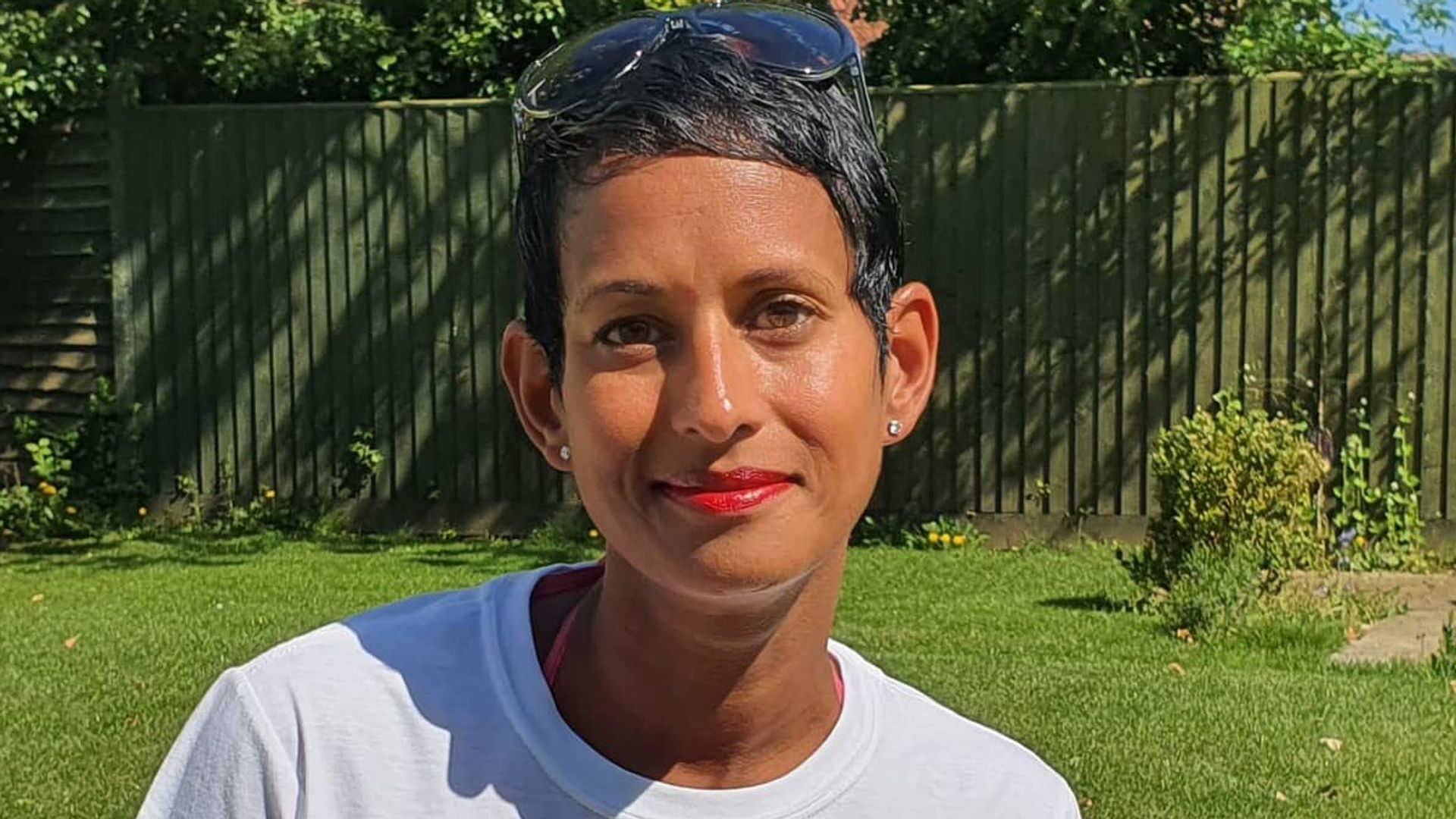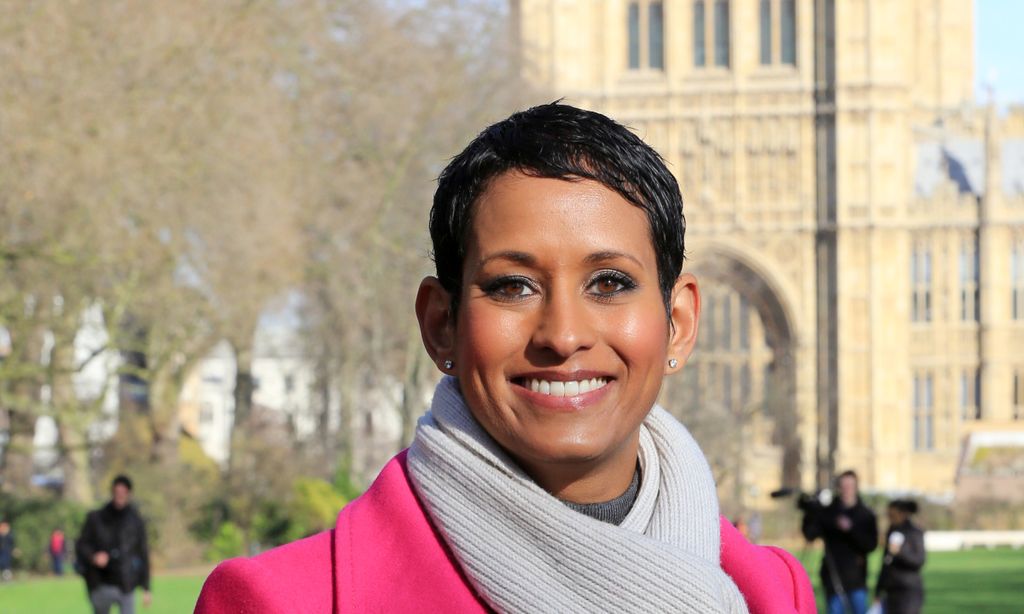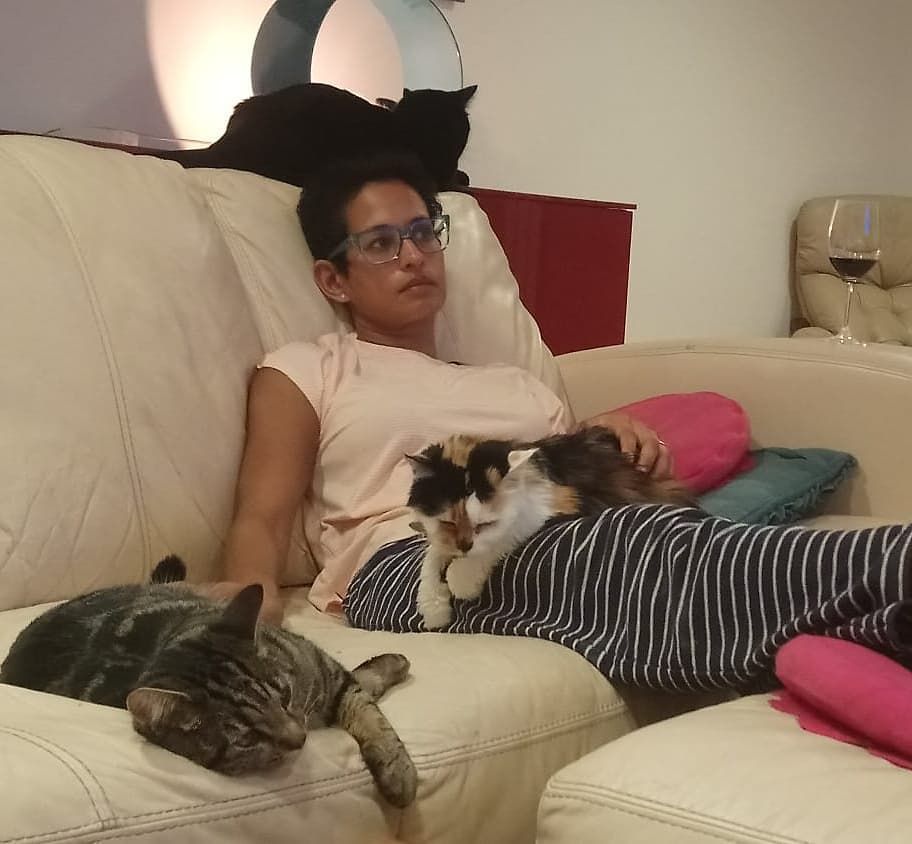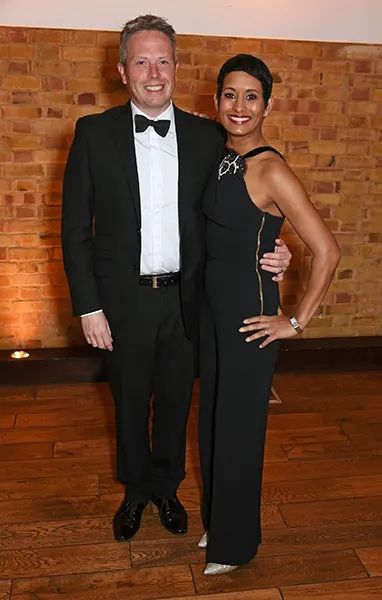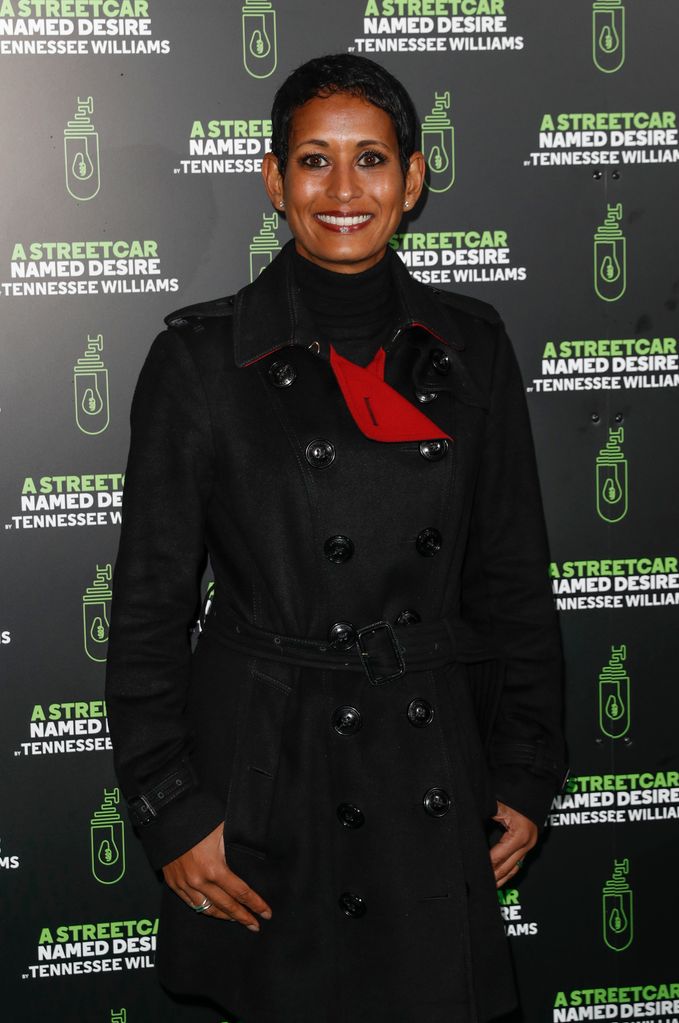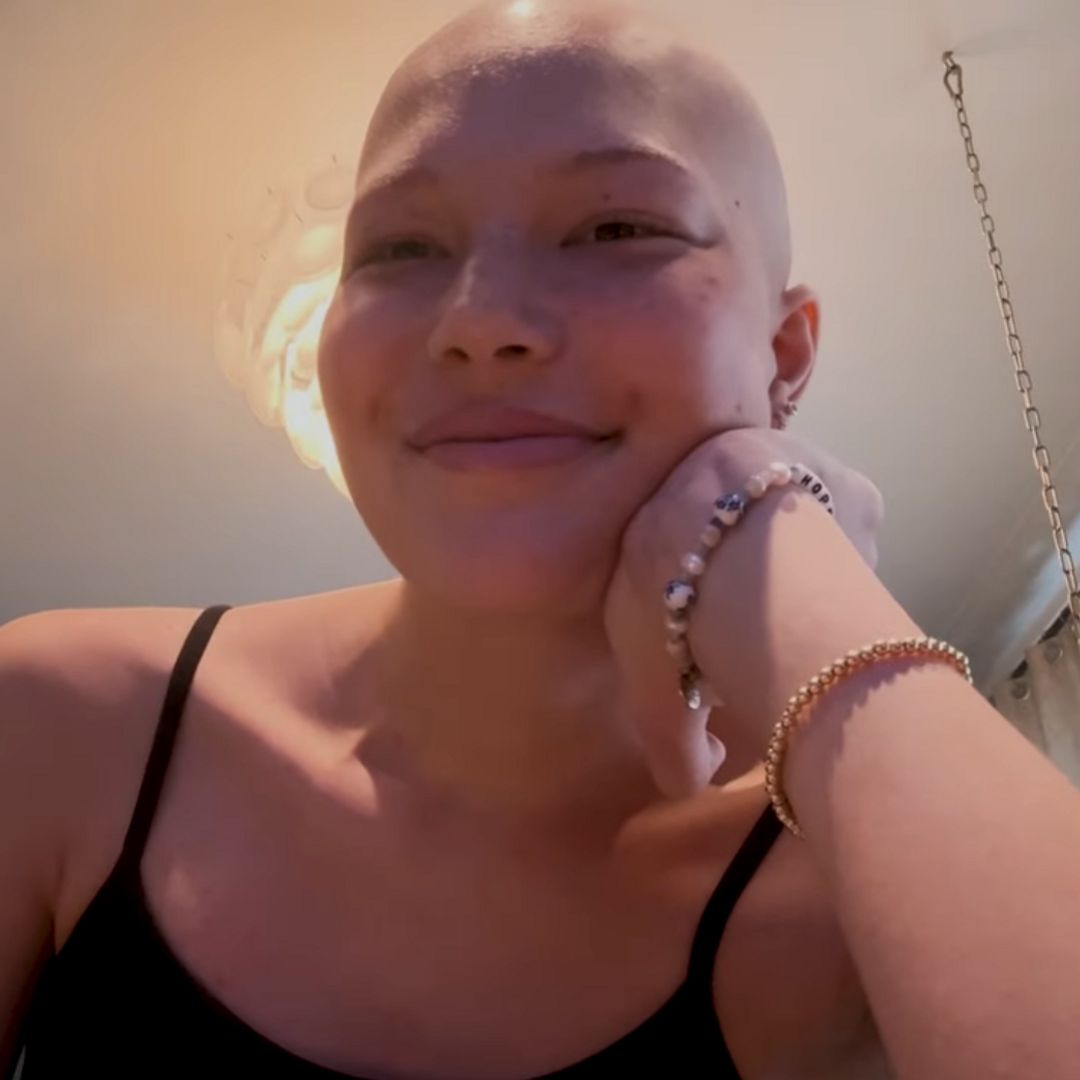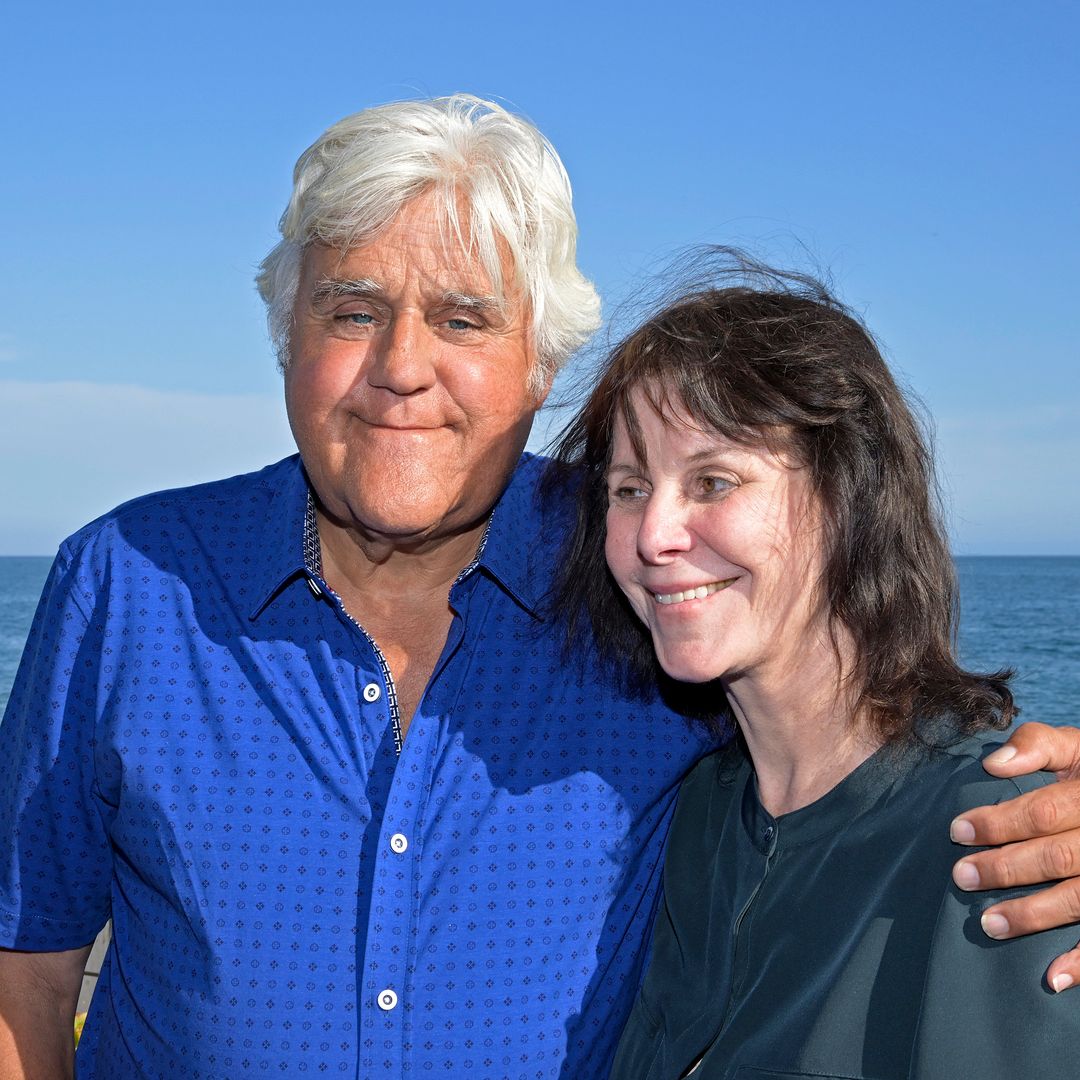Naga Munchetty has been inundated with support after revealing her battle with the debilitating womb condition adenomyosis.
Speaking to BBC Radio 5 Live listeners on Monday, Naga opened up about the crippling pain that left her screaming "non-stop for 45 minutes" over the weekend. The BBC Breakfast presenter, 48, also said she'd made the decision not to go through with a hysterectomy – a surgical procedure to remove the womb – just yet.
Opening up about her condition for the first time, Naga told listeners: "The pain was so terrible I couldn't move, turn over, sit up. I screamed non-stop for 45 minutes.
"Right now as I sit here talking to you: I am in pain. Constant, nagging pain. In my uterus. Around my pelvis. Sometimes it runs down my thighs.
"And I'll have some level of pain for the entire show and for the rest of the day until I go to sleep."
SEE: Naga Munchetty's eclectic Hertfordshire home has the boldest interiors
Naga revealed she had only been diagnosed with adenomyosis eight months ago after decades of struggling with pain.
The broadcaster admitted the pain was so bad over the weekend that her husband, TV director James Haggar, was forced to call an ambulance.
Listeners took to social media to praise Naga for speaking so openly about her health condition.
A fellow sufferer tweeted: "So pleased @TVNaga01 has spoken about suffering from adenomyosis this morning. It's an excruciating condition that can ruin lives but is too often dismissed as just bad period pain - it took me over 20 years to get a diagnosis..."
Another shared: "Well done Naga for sharing her condition and raising awareness of what sounds a pretty unpleasant one. It clearly impacts her life, day and night. It is always good for people to ave their attention brought to these things. Naga, I applaud you."
A third posted: "This is the first time I’ve seen adenomyosis in the media," while yet another commented: " suffer from this and from endometriosis. Thanks, Naga, for highlighting this condition which can be really painful and debilitating at times.....and is something most women have never even heard of."
What is adenomyosis?
Adenomyosis causes the lining of the womb (the endometrium) to bury into the muscular wall of the womb.
The condition, a sister condition of the more commonly known endometriosis, can affect the whole womb or just one part of it and can cause severe pain that can impact your quality of life.
According to the NHS, women with adenomyosis have a predisposition due to their genes, immune system and hormones.
It's thought that one in every ten women in the UK suffers from adenomyosis, but the condition can go undiagnosed for years.
Adenomyosis symptoms include:
- Heavy periods that last for days
- Severe period pain
- A feeling of pressure in your stomach
- Bloating
- Pain during sexual intercourse
- Pain related to bowel movements
DISCOVER: Everything Naga Munchetty has said about her rarely-seen husband James Haggar
Adenomyosis treatment options include:
- Anti-inflammatory medication to help alleviate pain
- Treatment to help reduce the amount of menstrual blood lost during your period
- Hormone therapy like the contraceptive pill to help control heavy or painful periods
- A hysterectomy (removal of the womb). This would only be considered as a last resort in extreme cases where other treatments do not work and the patient does not wish to have children
Want to keep up to date with the latest stories? Sign up to our HELLO! Newsletters today.
